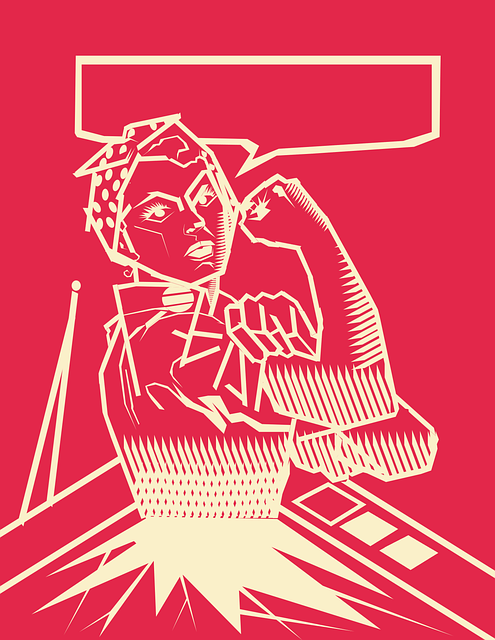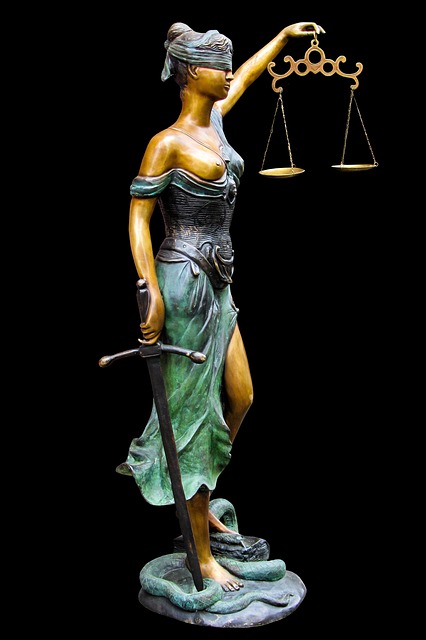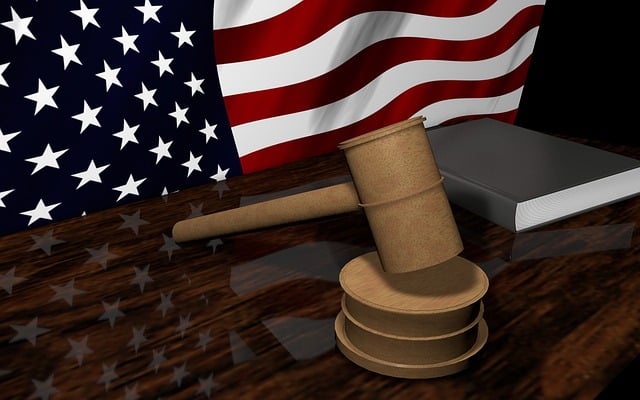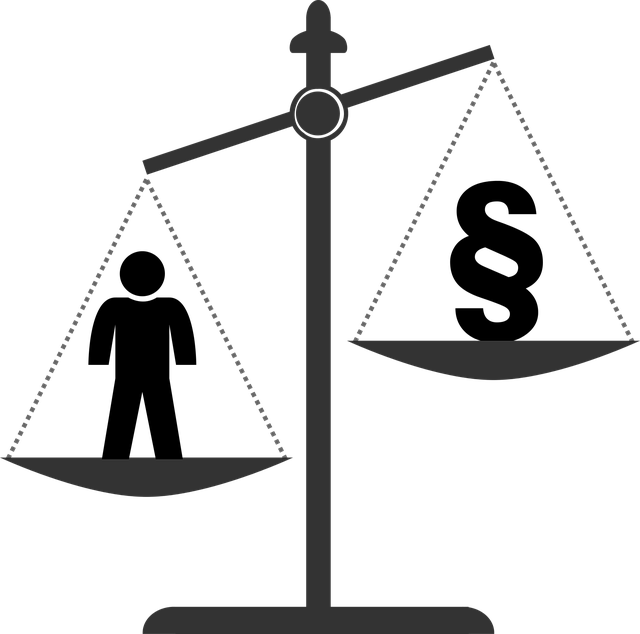The Importance of Voir Dire in Criminal Trials underscores the crucial role of jury selection in regulatory fraud cases. Through strategic questioning, legal representatives uncover biases and prior experiences, ensuring fair trials and impactful outcomes. This process is vital for both businesses and attorneys navigating complex accusations, safeguarding justice by revealing hidden agendas and preconceived notions that could skew testimony.
In the intricate landscape of regulatory fraud, understanding the laws that govern these crimes is paramount for both legal professionals and businesses. This comprehensive guide delves into the intricacies of regulatory fraud laws, with a particular focus on the pivotal role of voir dire in uncovering criminal intent. Through a combination of expert insights and real-world case studies, we explore successful navigations of regulatory fraud trials, emphasizing the importance of voir dire in ensuring justice.
- Understanding Regulatory Fraud Laws: A Comprehensive Guide
- The Role of Voir Dire in Uncovering Criminal Intent
- Case Studies: Successful Navigation of Regulatory Fraud Trials
Understanding Regulatory Fraud Laws: A Comprehensive Guide

Regulatory fraud laws are designed to protect the integrity of business and financial systems by holding individuals and organizations accountable for deceptive practices. These laws cover a wide range of activities, from false statements on financial reports to manipulation of market prices. Understanding these regulations is crucial for both businesses and their legal representatives, as they can significantly impact outcomes in criminal trials.
One critical aspect often overlooked but highly significant in such cases is the role of voir dire. This process, which involves the examination of potential jurors, ensures that the court selects an impartial jury capable of rendering a just verdict. Skilled defense attorneys leverage voir dire to achieve extraordinary results, including the complete dismissal of all charges. By carefully questioning prospective jurors about their biases and prior experiences, defense teams can ensure a fair trial for their clients in even the most complex general criminal defense scenarios. This strategic approach underscores the importance of thorough legal guidance when navigating regulatory fraud accusations.
The Role of Voir Dire in Uncovering Criminal Intent

Voir dire plays a pivotal role in uncovering criminal intent during criminal trials. This process involves the judge or jury carefully questioning potential witnesses to assess their credibility and bias, ensuring a fair trial for all parties involved. By delving into the background, motivations, and understanding of witnesses, voir dire helps reveal hidden agendas or preconceived notions that might influence their testimony.
The importance of voir dire in criminal trials cannot be overstated, especially when aiming to avoid indictment or securing the best possible outcome for his clients. It acts as a crucial filter, allowing legal teams to select jurors who can impartially evaluate the evidence presented. This meticulous process not only safeguards against biased decision-making but also ensures that justice is served by providing a comprehensive view of the facts and circumstances surrounding a case.
Case Studies: Successful Navigation of Regulatory Fraud Trials

In the realm of regulatory fraud trials, successful navigation often hinges on a meticulous process known as voir dire. This crucial step, where potential jurors are questioned to ensure impartiality and competence, plays a pivotal role in shaping the outcome of high-stakes cases. By employing strategic voir dire techniques, legal teams can unearth biases, pre-conceptions, or connections that may impact a juror’s ability to render an unbiased verdict. This is especially vital in complex cases involving corporate and individual clients, where the consequences of a biased jury could lead to a complete dismissal of all charges.
Case studies reveal that effective voir dire has led to significant victories for both corporate and individual defendants. Through thorough questioning, lawyers can identify jurors who might be swayed by media influence or have personal experiences that would cloud their judgment. This proactive approach ensures a fair trial and increases the chances of achieving positive outcomes, even in the face of formidable accusations.
Regulatory fraud laws play a pivotal role in maintaining integrity within industries, ensuring that businesses operate ethically and transparently. By understanding these laws and employing strategies like thorough voir dire to uncover criminal intent, legal professionals can successfully navigate complex trials. Case studies demonstrate the tangible impact of robust legal navigation, highlighting the importance of both theoretical knowledge and practical application in combating fraud effectively. The synergistic combination of comprehensive guides, meticulous voir dire processes, and successful case outcomes underscores the evolving landscape of regulatory fraud litigation, emphasizing the critical role legal experts play in upholding justice.






